School Year of Core Vocabulary Words – Older Student Lessons: AAC Resources for February
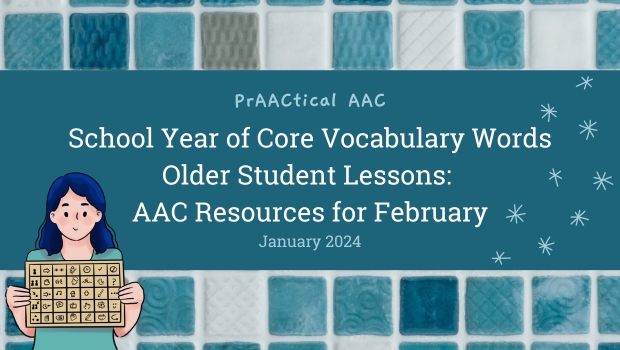
It’s prAACtically February! Guest authors Michaela Sullivan and Lindsay Dougherty are back with a lot of wonderful ideas for your older students who are building their skills with core vocabulary. Don’t miss the slide decks full of activities and the data collection forms specific to the February words. In this post, they also share helpful information on recasting, a strategy for supporting AAC learners.
SCHOOL YEAR OF CORE- Older Student Lessons
INTRODUCTION- February 2024
Welcome back to the School Year of Core – Older student lessons! It is our pleasure to introduce the next wave of engaging resources created for individuals in middle school through adulthood.
We hope that this year continues to bring the joy of learning and connecting with others. Thank you for continuing to pursue new ways to support and motivate your students and adult learners to use core (& fringe) vocabulary to discuss the exciting topics featured this month. The topics and holidays in the February SYOC-OSL’s are: Valentine’s Day, African American History Month, President’s Day, leadership, art, hopes & dreams, and our favorite foods and drinks.
We hope that your learners enjoy the multitude of activities offered in the February Weeks 1-2 and Weeks 3-4 Google Slide Decks. Once you make copies of the Slide Decks, they can be easily modified and adapted to meet your individual student/learner needs or remain just as they are.
To the Parents, Teachers, Educators, Related Service Providers, Speech-Language Pathologists, Paraprofessionals, Friends, and other curious professionals or communicators – Welcome back to month two of the newest iteration of the SYOC- Older Student Lessons (OSL), February edition.
We suggest that you consider downloading corresponding Symbol Charts containing February Level 1 and Level 2 words to help with navigating and organizing your lessons and provide hands-on low-tech resources to use with your students.
Because we have provided over 225 slides for the month of February, it would be impossible to complete all of the activities over the month. Our motto is, “take what you want and leave the rest.”
Lessons incorporate a variety of activities to support core language understanding and use through motivating, engaging, meaningful activities and important principles of social-emotional learning.
We have provided a variety of resources to give you a greater chance of finding activities to meet your diverse student(s) needs and interests. We hope that you and your students/adults enjoy these resources created in modifiable Google Slides.
All Slide Decks contain:
- Icebreaker Activities, (e.g. Jokes, Would You Rather, National days)
- Monthly Language Resources Include: Tell us a Story slides, to support students to co-construct narratives about pictures and/or meaningful photos given WH question scaffolds, Get Off the Computer suggestions for Shared Reading, Self Care Moment, and Share a Word to Describe your Day. We added a few slides with Shared Reading suggestions and a topic/interest inventory where students/adults can share the topics they are most interested in. We added a few slides to support self-care. Additionally, there is a slide that can be duplicated for Student Reflection Time- when they are asked whether they enjoyed an activity.
- Symbol charts across a wide array of devices
- Word/Thought Bubble for Level 1 and Level 2 words
- A slide to Ask about and Share Feelings (incorporating aspects of Social-Emotional Learning) and visual supports/suggestions to share what they did over the weekend.
- Music Choices, corresponding to themes and core words
- Media, (Animated Shorts and Short Video Clips)
- Predictable Chart Writing
- Reading
- The Strategy of the Month is Recasting.
Please note that although these resources were created for AAC users, we found that they could also be utilized effectively with a variety of students.
We hope you enjoy the School Year of Core-Older Student Lessons for FEBRUARY.
THE WORDS
Weeks 1-2:
- Level 1 Words: we, are, fast, slow, wait, hungry, thirsty, write
- Level 2 Words: her, his, share, beautiful, special, imagine, dream, hope
Weeks 3-4:
- Level 1 Words: draw, cold, hot, great, tomorrow, sorry
- Level 2 Words: few, less, first, then
Level 1 Words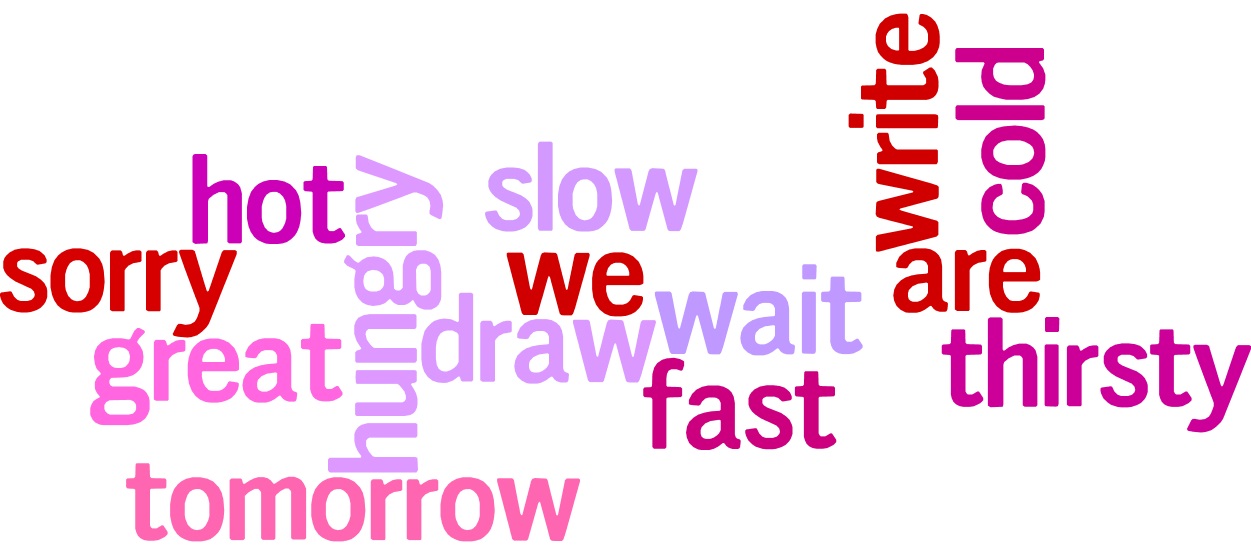
Level 2 Words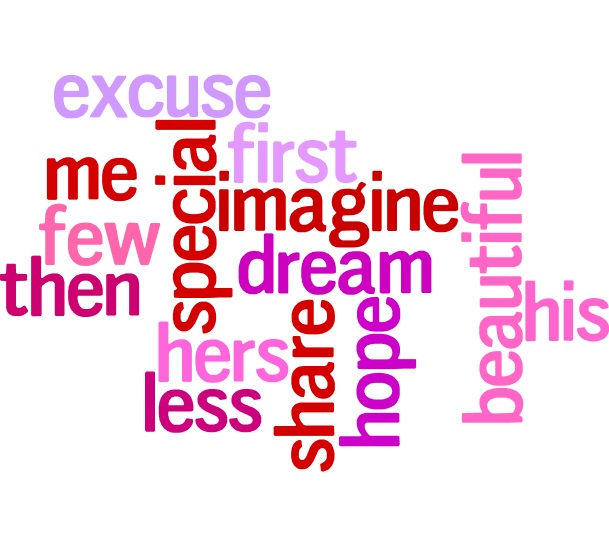
THE SYMBOLS
You can download grids with the symbols for this month’s words from the lists below. These handy visual tools can help us remember what words to focus on and be useful in our intervention and instruction.
Level 1 Words
- Avaz
- CoughDrop
- LAMP Words for Life
- Wordpower 60 Basic
- Unity 45 Sequenced
- Unity 60 Sequenced
- Unity 84 Sequenced
- Blank Grid (add your own symbols)
Level 2 Words
- Avaz
- CoughDrop
- LAMP Words for Life
- Wordpower 60 Basic
- Unity 45 Sequenced
- Unity 60 Sequenced
- Unity 84 Sequenced
- Blank Grid (add your own symbols)
The Google Slide Resources
Weeks 1-2 and Weeks 3-4 can be downloaded below.
Strategy of the Month- Recasting
Once the communicator has acquired a basic vocabulary and has evidenced the use of Spontaneous Novel Utterance Generation (SNUG), the evidenced-based strategy, RECASTING, is recommended to be implemented to assist in increasing and expanding overall expressive language skills (especially in the areas of grammar and syntax). (2013, ICAN TM Talk Clinics). Recasting is a form of modeling where the communication partner immediately responds to the communicator’s utterance by repairing, adding to, or modifying it by using any and all of the following: correct grammar, expanding utterance length and syntax, or adding additional vocabulary to the modeled utterance. An example of recasting might be when a communicator may express: “want cracker,” and the communication partner or facilitator may use recasting with the AAC system to model, “I want more crackers, please.” Recasting is in no way punitive or directive, as it can easily be incorporated into the dynamic flow of communication without the expectation of repetition.
Resources
Please find the following additional resources on Recasting below. These resources will be helpful for individual learning and/or for team training. Until it becomes a habit, you might create intentional opportunities to practice the use of this strategy.
- Expanding & Recasting, video by Heather Hayworth
- Language Learning, Recasts and AAC, Article by Michael T Clarke, Gloria Soto and Keith Nelson, UCL Discovery
- Recasting: A Language Facilitation Strategy by Robin Parker PrAACtical AAC, June 9, 2012
- Recasting: A parent-friendly strategy for language development courtesy of LG Speech Therapy, October 8 2018.
- Recasts and AAC, Courtesy of AACtion Point by I Can Talk AAC Clinic, 2013
- PrAACtical Research: Recasts in AAC Mediated Interaction, PrAACtical AAC, February 17, 2020. By Dr. Kathy Howery
- AAC Strategy: Providing Feedback + Recasting: Here’s a great example of recasting! From Two Techie Mamas (2018)
- Recasting with a Car Activity by D Hale, (2019)
- Recasting as an Intervention for Language Development, Courtesy of EJ Therapy
- What is Recasting?: Speech and Language Therapy Top Tip #1, What is Recasting- (in General)by Tower Hamlets Therapies (2020)
DATA COLLECTION & ACCOUNTABILITY FORMS
Taking data to measure performance and keeping track of our own modeling behavior are two things we can do to strengthen our AAC teaching. Here are some forms that you can use to support those efforts.
This posting is dedicated to all of you SLPs, parents, educators, and therapists who are making a difference every day!
About the School Year of Core-Older Student Lessons Series Authors
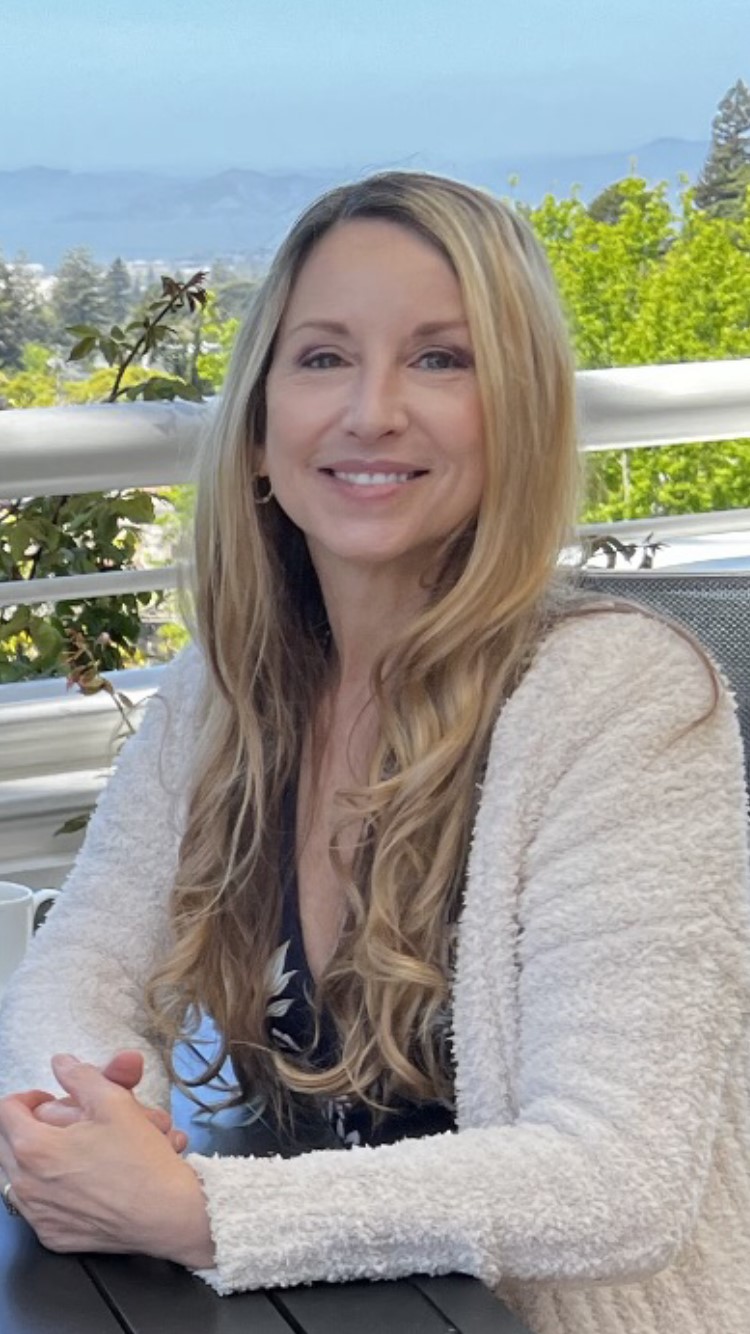 Michaela Sullivan is an SLP who specializes in the fields of AAC and AT. She currently works within the San Francisco Unified School District on the AAC Support Team where she supervises graduate student interns, works in a transition program and on special projects. Ms. Sullivan also has a private practice. She has been a presenter in the field of Speech-Language Pathology and AAC at state and national conventions. She was one of the creators of the Original School Year of Core first released in 2020 on the websites: PrAACtical AAC and AAC Language Lab. Ms. Sullivan works closely with San Francisco State with Project AAC for ALL, SYOC Bilingue and the TRAAC Project. Ms. Sullivan serves as a Board member, Treasurer and Volunteer for the Nika Project, providing services, supports, resources, training, and repurposed equipment to help meet the needs of individuals who use AAC systems both locally and internationally.
Michaela Sullivan is an SLP who specializes in the fields of AAC and AT. She currently works within the San Francisco Unified School District on the AAC Support Team where she supervises graduate student interns, works in a transition program and on special projects. Ms. Sullivan also has a private practice. She has been a presenter in the field of Speech-Language Pathology and AAC at state and national conventions. She was one of the creators of the Original School Year of Core first released in 2020 on the websites: PrAACtical AAC and AAC Language Lab. Ms. Sullivan works closely with San Francisco State with Project AAC for ALL, SYOC Bilingue and the TRAAC Project. Ms. Sullivan serves as a Board member, Treasurer and Volunteer for the Nika Project, providing services, supports, resources, training, and repurposed equipment to help meet the needs of individuals who use AAC systems both locally and internationally.
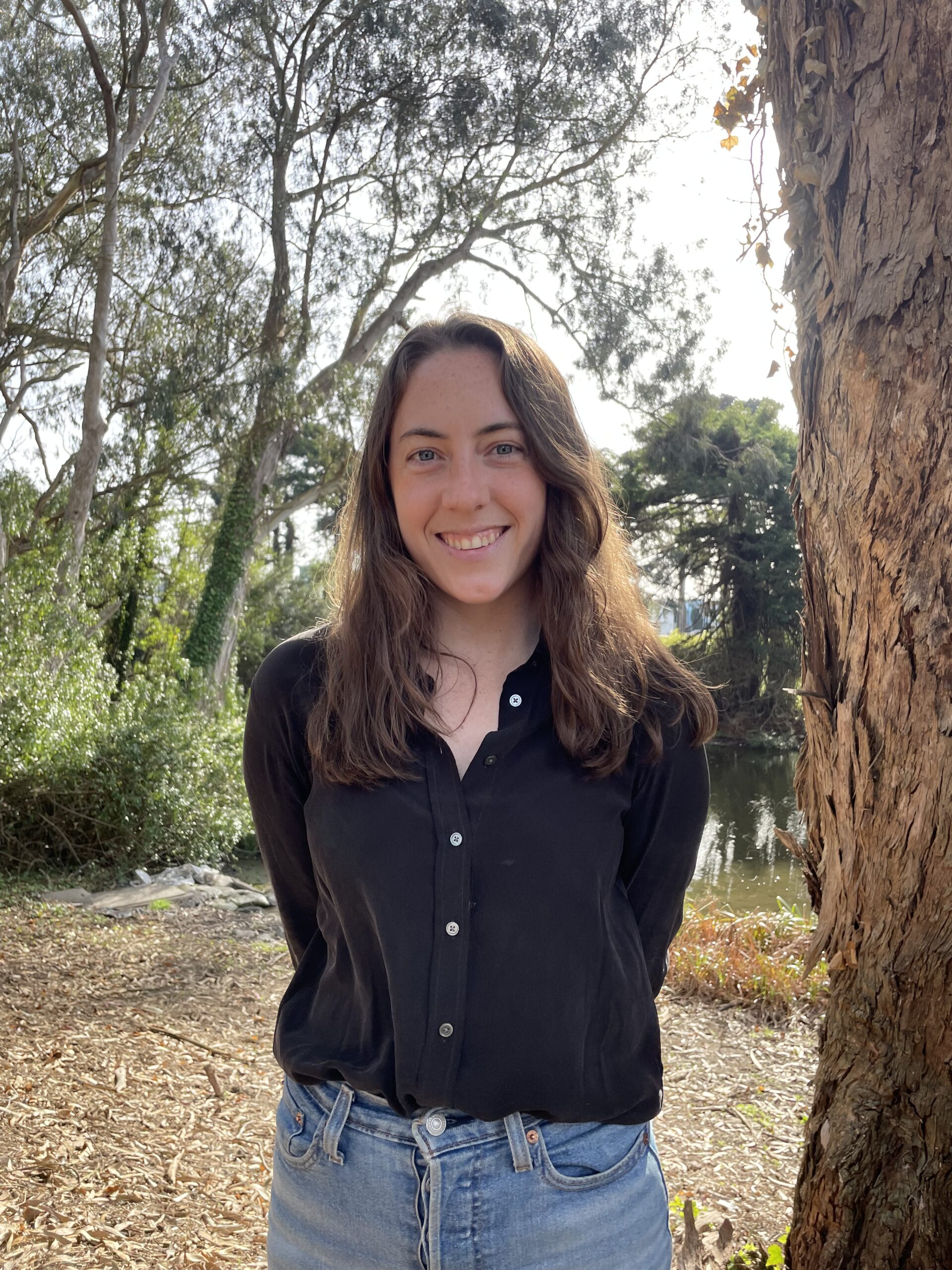 Lindsay Dougherty is a Speech & Language Pathologist with specializations in Autism and AAC. She currently works for the San Francisco Unified School District, providing direct services to students with complex communication needs and supporting her fellow SLPs on the AAC Support Team. Lindsay works on a team of professionals, implementing a Language Systems First curriculum for Pre-K and Kindergarten classrooms across the school district. The team provides a universal language system, staff and parent training, and AAC support to teachers and SLPs. She is also the faculty advisor of her middle school’s Best Buddies Club, where she supports students with disabilities in building meaningful friendships with peers.
Lindsay Dougherty is a Speech & Language Pathologist with specializations in Autism and AAC. She currently works for the San Francisco Unified School District, providing direct services to students with complex communication needs and supporting her fellow SLPs on the AAC Support Team. Lindsay works on a team of professionals, implementing a Language Systems First curriculum for Pre-K and Kindergarten classrooms across the school district. The team provides a universal language system, staff and parent training, and AAC support to teachers and SLPs. She is also the faculty advisor of her middle school’s Best Buddies Club, where she supports students with disabilities in building meaningful friendships with peers.
Our Featured Core Contributors for the Month of February include:
Jadine Veluya, Christelle Marcelo, Joseph Cachapero, and Wesley Heidenreich
Filed under: Featured Posts
This post was written by Carole Zangari
